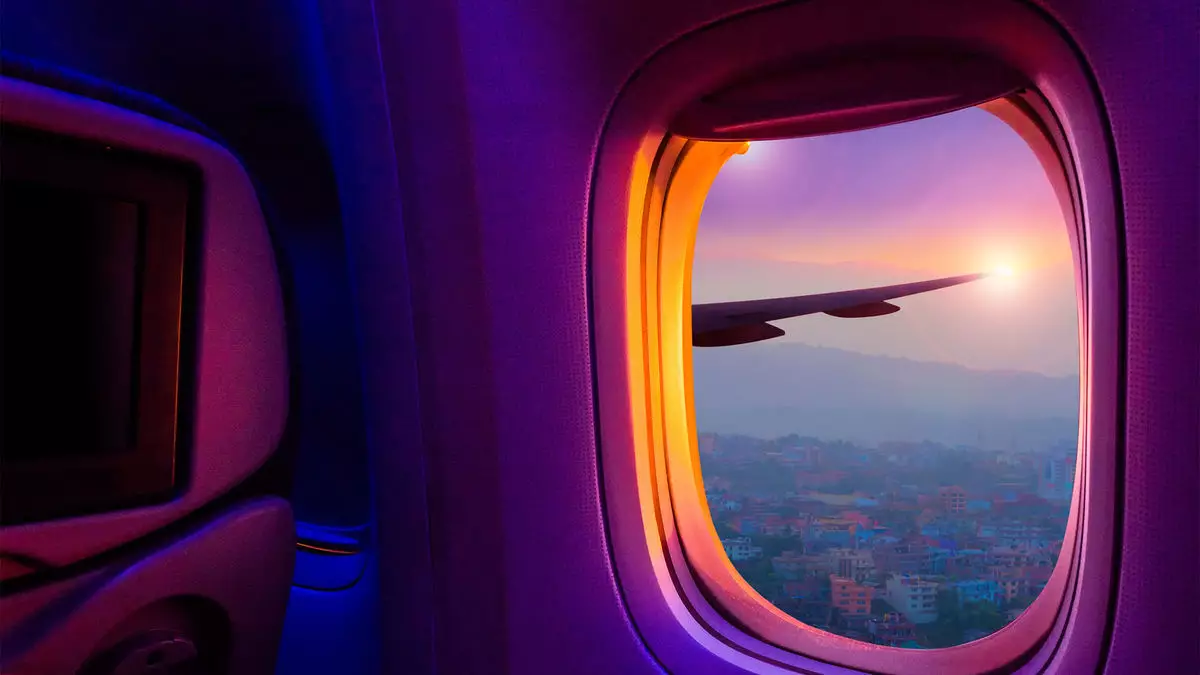Summer travel is in full swing as millions of Americans embark on Memorial Day weekend getaways. According to AAA, this holiday weekend is projected to be the busiest start-of-summer weekend in nearly 20 years, with an estimated 43.8 million people traveling at least 50 miles from home between Thursday and Monday.
The Transportation Security Administration (TSA) anticipates that up to 3 million passengers may pass through airport checkpoints on Friday alone. U.S. airlines are gearing up for a record-breaking summer, with an estimated 271 million travelers expected to fly between June 1 and August 31, surpassing the previous summer’s record of 255 million passengers.
Despite economic worries and uncertainty about the country’s direction, travelers are not holding back. Lower airfares, hotel rates, and rental car costs compared to a year ago are likely encouraging more people to take to the skies. However, many are still feeling the pinch of higher overall prices due to stagnant economies. Some cost-cutting measures include booking further in advance, opting for shorter trips, and compromising on accommodations to manage expenses.
In response to rising travel costs, some travelers have developed coping strategies. Examples include combining work and leisure trips, traveling at off-peak hours, and exploring alternative modes of transportation such as trains. The willingness to make adjustments and find creative solutions is evident in how individuals navigate the changing landscape of travel affordability.
Despite the surge in air travel, the majority of holiday travelers are expected to hit the road, with over 38 million opting for car travel, per AAA. To avoid the worst traffic jams, motorists are advised to leave metropolitan areas early on Thursday and Friday, and avoid driving between 3 p.m. and 7 p.m. on Sunday and Monday.
In conjunction with high levels of travel, the stress on transportation systems is evident. TSA checkpoints are experiencing increased footfall, with 2.85 million travelers screened on busy days like Friday and Sunday. Airlines have ramped up staffing levels to better manage the surge in passengers, aiming to minimize cancellations and disruptions that have plagued previous summer travel seasons.
The aviation industry, including major airlines like American, United, and Delta, has bolstered its resources and schedules to accommodate the influx of passengers. American Airlines, for instance, has launched its most extensive summer schedule ever, with 690,000 flights planned between May 17 and Sept. 3. United Airlines anticipates a significant increase in passengers compared to last year, while Delta Air Lines is preparing for its heaviest summer international flight schedule to date.
Despite concerns about economic instability, the allure of travel remains strong. Popular domestic and international destinations such as Orlando, Las Vegas, London, Paris, and Rome continue to attract travelers seeking both adventure and relaxation. While worries persist about the broader economy, personal financial situations often lead individuals to maintain a positive outlook on their ability to travel and experience new places.
The summer travel season is off to a roaring start, with record numbers of people expected to hit the road and take to the skies. Economic uncertainties and fluctuating prices have not dampened the enthusiasm for travel, as individuals find ways to adapt and make the most of their journeys. As the industry works to accommodate the surge in passengers and minimize disruptions, travelers are ready to embrace the season with excitement and anticipation.


Leave a Reply